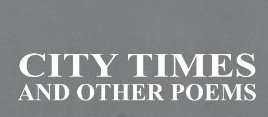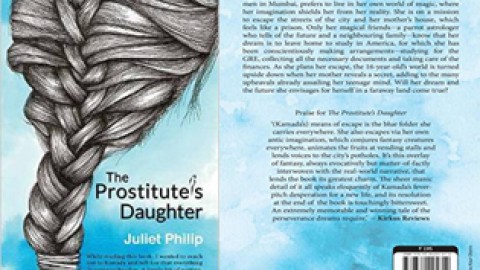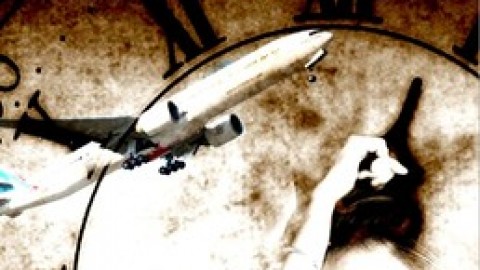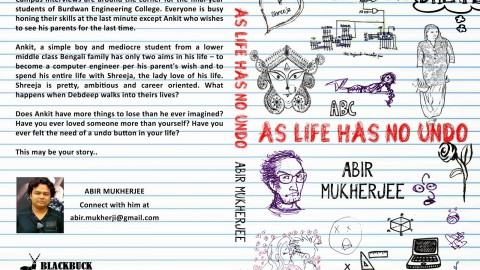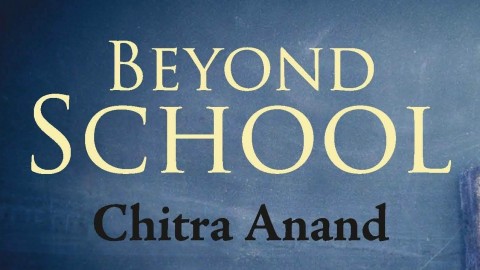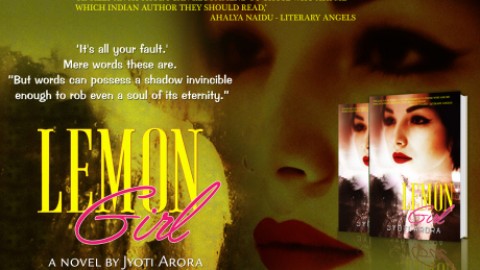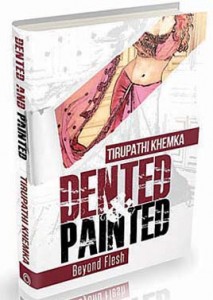Vihang A.Naik’s City Times and Other Poems, a collection of modern verses is a delight for poetry lovers, more so for people who love modern poetry. The images strewn throughout the collection attain a composite whole in highlighting the depravity, hollowness and futility of city life. Despite the stark images that the poet uses in the poems, the delicate sensitivity with which he evokes them is 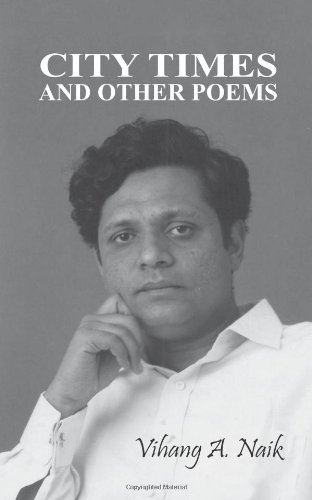 fascinating. The collection consists of six poems, divided in parts, except ‘Self Portrait’ in which the brilliance of the verse attains its greatest height not only through composition but also construction.
fascinating. The collection consists of six poems, divided in parts, except ‘Self Portrait’ in which the brilliance of the verse attains its greatest height not only through composition but also construction.
The first poem is called ‘The Love Song of a Journeyman’ which by its name may remind readers of T.s Eliot’s ‘Love Song of J.Alfred Prufrock’, however, it is not similar. The poem is divided in seven parts. The second line broken in fragments signifies the “downward look’ of the beloved. He slowly describes the subtle features of her beloved capturing then the flight of a lover’s heart and music heard in his heart. The aridity of a city heart is indicated by the word “desert”. The first journey ends symbolically with the first part. In the second part, the poet contrasts the liberating images of “dream” and “rainbow” conceived by the innards and the “outer’ self that believes in a secure, but shackled tomorrow. The phrase “a rhyme to proceed” symbolises the monotonous conventions of daily city life. The third part proceeds in the same vein as the poet creates an image to define the fleeting and impalpable nature of abstract qualities and counterpoints with irony the city dweller’s tendency to perceive universal truths and beauty superficially. In the fourth part, the poem reveals the competitiveness of the city and its utter unavailing nature that ends in agony. The fifth part evokes a unique image as the poet loath fully advises the day to submit to night as men do to death. The nature in which the existence of the beloved is reduced to insignificant consumer goods is implied in the next lines. The “change” of love, life and individuals occur in a “changed city”. The fifth part ponders upon the lovers’ separation due to differences in choices. The concluding part evokes sensory images, all reflecting the sordid after-effect of the separation. The last four lines capture the pain that the journeyman feels by counter-pointing the gap between expression and feeling.
The second poem called ‘Mirrored Men’ is also divided in seven parts. The poet here uses the image of three insects or more specifically lower grade animals as mirrors to human natures and to draw a very distinct analogy based of specific vacillations of human nature. The poet chastises humans for vices like flattery, hypocrisy, indecision and moral laxity. The poem delves into the deep subconscious that is man hides with a mask or a veil, beneath which lies the abyss of nothingness. The concluding part reveals the disease of repudiation that humans are afflicted with, whereby, they have discarded the mirror of Truth and cannot bear to look at their naked psychological self.
The third poem ‘The Path of Wisdom’ is an exquisite philosophical scripture. To add any more words to describe it will be foolish to say the least. The first part is the stunner. Read, taste the “flavour” and enjoy…….”in end, the beginning”.
The fourth poem titled ‘The Self Portrait’ begins with four phrases written at top, down, left and right margins of the page. After that there is a gap of five pages and the concluding line entraps you in the poet’s thought.
The fifth poem titled ‘At the shore’ is divided into seven parts. The parts are titled ‘Distance’, ’Illusion’, ’Desire’, ’Pleasure’, ’Voice’, ’Eyes’ and ‘At the Shore’. The first poem ponders on the difference between the superficial understanding of life and universal truths; the second poem reflects how human beings are lured by pretensions. The image of the Octopus in the third poem highlights the cardinal sin of desire and its vulgar magnitude in modern human life. The poem ‘Pleasure’ opens with the Biblical image of the serpent and alludes to its fangs. The most humanistic poem of the series, ’Voice’, delicately creates an image emphasising how the timid, submissive yet virtuous voices of innocence symbolised by a wandering boy) are not heeded to in city existence. The last two poems also comment on the blindness of city existence and the alienation of modern human beings.
The last poem titled ‘The City’ is a very complex poem and in its psychological depth is a befitting conclusion to this collection.
Book Details:-
| Author: | Vihang A. Naik | ||
| Publisher: | AuthorHouse | Year of Publishing: | 2014 |
| ISBN (Softcopy): | 9781491897133 | ISBN (E-book): | 9781491897140 |
| Cover: | Paperback/ebook | No. Of Pages: | 81 |
| Buy From: | Amazon.in, Amazon.com, Google Play, Barnes And Noble | ||
Mr. Naik’s City Times and other Poems is a marvellous collection of modern verse.Final Words
My Rating
4

